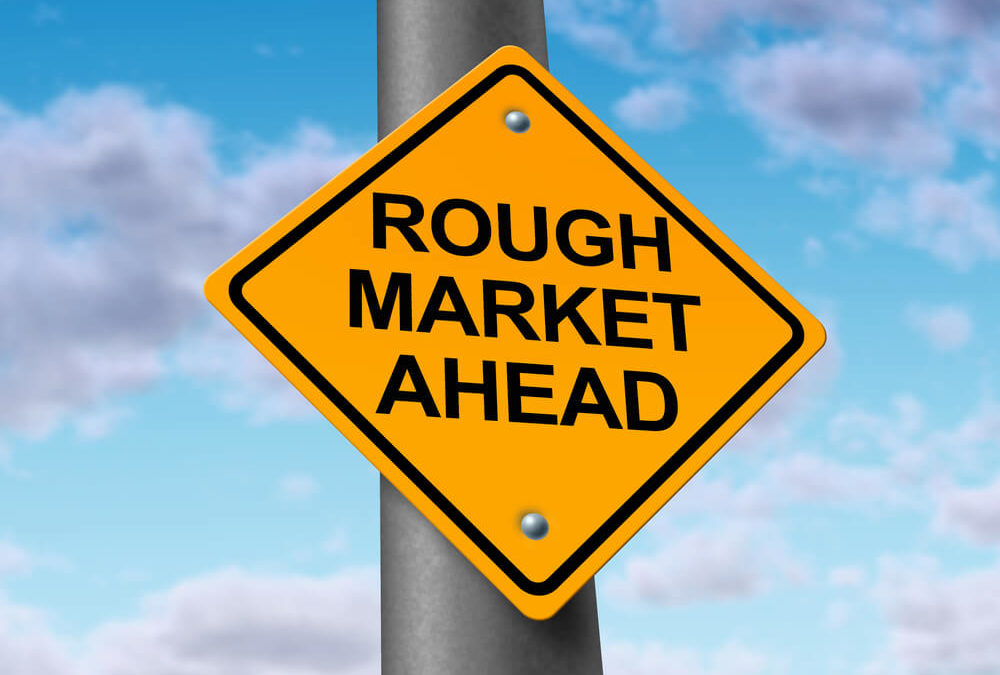UBS thinks most financial assets are in for a wild, dismal ride over the next decade.
The Swiss bank points to many factors combining to create an entirely different economic landscape in 2030. UBS sees the working-age populations of developed countries shrinking by 25 million, a move toward greater deglobalization and a political landscape that will prioritize reducing the wealth gap, according to Thursday’s report.
Its self-proclaimed “decade of transformation” will create a market environment with “low returns and high volatility” for almost all assets when compared to the last 10 years, where at least the U.S. stock market has experienced a record-long, and highly profitable bull market run.
UBS expects equity returns to plummet to a range of 4% to 6% a year in developed markets, but it still thinks equities will be the winners compared to other assets. Emerging markets could do even better, with 9% projected returns because of greater potential for long-term profit growth, but volatility will remain high.
The trend of lower interest rates are dogging the bond market as well. UBS sees dollar-dominated, high-grade bonds yielding just 2.5% over the next 10 years, and anyone who is crazy enough to invest in euro and Swiss franc bonds will experience slightly negative returns.
And who is going to pay the most in the coming decade?
The wealthy, of course. The richest 0.1% are closing in on holding as much wealth as the bottom 90%, which hasn’t happened since the 1930s, and UBS thinks that means more policy to redistribute the wealth.
“Left-leaning parties in countries like the U.S. and the U.K. are proposing increasingly radical prescriptions for addressing income and wealth inequality,” UBS economists said, according to CNBC.
So even if Elizabeth Warren’s insane wealth tax doesn’t come to fruition, it doesn’t mean there won’t be a backup plan.
“Although voters in the months to come will provide an indication of whether wealth concentration has yet hit its political limits, investors should prepare for some combination of higher taxation, greater regulation and antitrust measures over the next decade,” the investment bank’s economists said.
UBS also believes monetary and fiscal policy will start to work more in tandem in an effort to stimulate economies, giving the extreme example of “handing over printed banknotes directly to consumers and governments.”
“Such policy could result in higher consumption, government spending and economic growth, or end in inflationary catastrophe.”
Sounds a lot like what the Federal Reserve is already doing with its “stealth quantitative easing” that we’ve been talking about quite a bit lately on Money and Markets.




